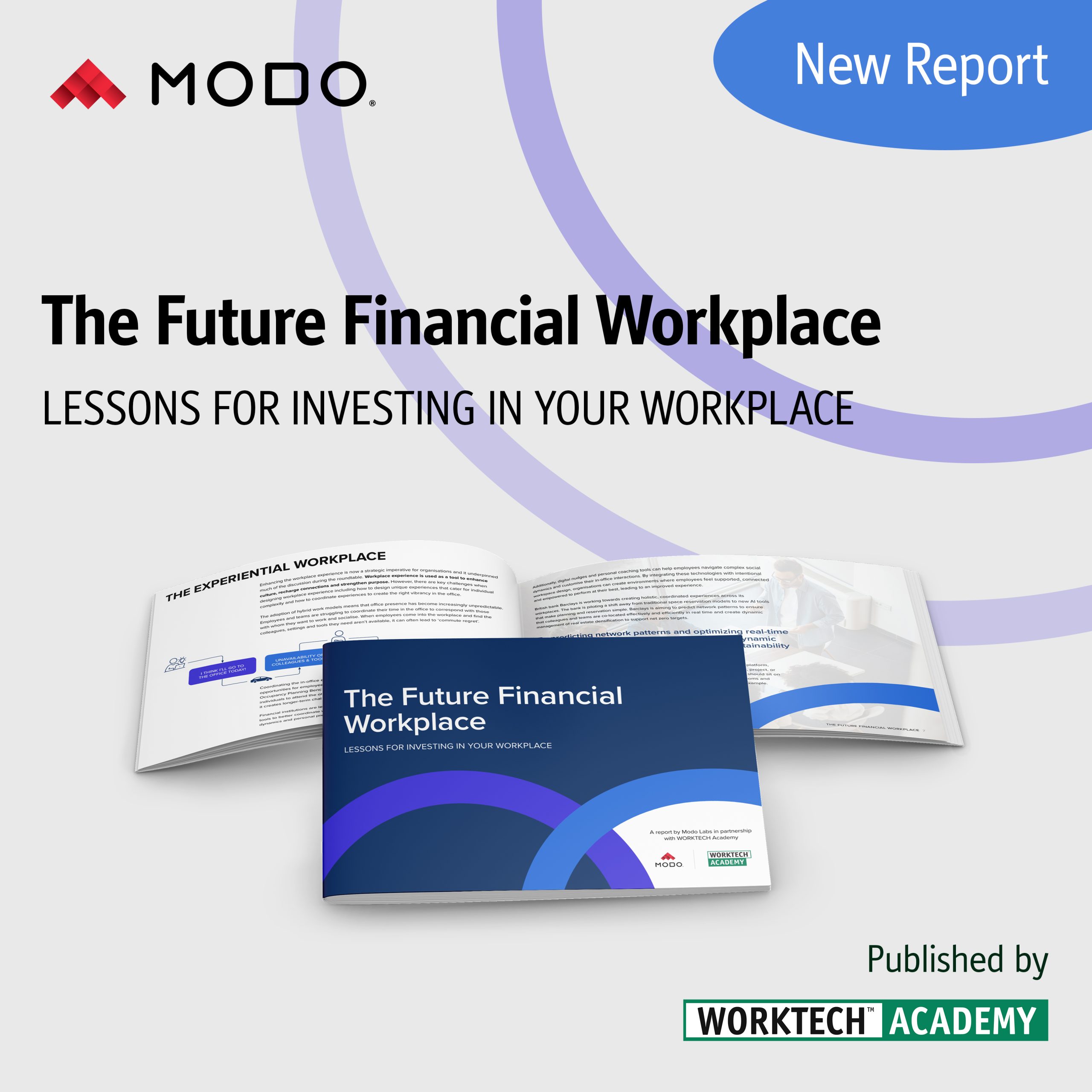Going global: how to manage international business expansion in a post-Covid era
From cultural cohesion to supercharging people with the right technology, Moneypenny’s CEO Joanna Swash explains the challenges and opportunities for growing an SME business overseas
Now that many organisations have survived the initial disruptions from the global Covid-19 pandemic, they are starting to think about how to drive business forward again. Emerging technologies and flexible work strategies developed during the pandemic have allowed small and medium enterprises (SMEs) to think beyond the limits of one geographical location.
There is more scope than ever to become a global business, but there are challenges and considerations along the way that should be taken into account. Moneypenny, an outsourced telephone reception, switchboard and live chat service, expanded its UK-based business into the US in 2015 and it continues to grow quickly.
Joanna Swash, CEO of Moneypenny, advises what considerations need to be made for those businesses thinking about international expansion and how to extend culture, values and communication into a different country. In this Q&A Joanna explains how Moneypenny approached its strategy for international expansion and what it has learned in the process.
WORKTECH Academy: What are the key elements you look for in your international expansion strategy?
Joanna Swash: International expansion doesn’t come out of the blue, it’s usually a logical step after you start increasing trade with an overseas market and you get to the point where it is a natural step to have an international base to grow that market more quickly and efficiently. This could also lead to further growth through acquisitions in that location.
In terms of the factors you need to consider when choosing to expand a physical office presence overseas, this will naturally be dictated by a number of factors. These are the key questions you should be asking before you make the decision to move:
- Is it in an area where there is local demand for your products or services?
- Does the location offer office space at a reasonable price?
- Is there a good pool of skilled people to recruit locally?
- Does it have good transport links, especially if you are making and shipping products?
- Will the local and national political environment help or hinder your business?
- Is there potential for expansion?
As the company grows, how do you maintain one company culture across different regions?
The biggest challenge in expanding overseas is getting the balance right between keeping the values and ethos of what made the company a success in the UK, but also adapting it so it is relevant to the new market. Finding the right leadership team is crucial as is getting your UK leadership team to spend as much time in the new market as possible, so that your company messages are delivered and sustained.
‘Finding the right leadership team is crucial to maintain company values and culture…’
Covid created a challenge for us, as the fertilisation of knowledge and culture has been disrupted. However, we introduced a number of new communication channels for our people during the pandemic, including daily team huddles on Teams and regular chats on Workplace by Meta, which is an important ingredient in the company’s winning culture. Almost all (98 per cent) of our employees are registered to use Workplace, with lots of weekend usage as a social tool. We also host virtual drinks, quizzes, yoga and cooking classes to keep staff happy and healthy.
Does international expansion impact company collaboration on a global scale?
We’ve certainly learnt some lessons on this and it is tempting to think you need to take a new approach to a foreign market. For example, in the UK Moneypenny has always served five key sectors. Our approach initially was to head out to the US, find out which markets were responding the best to the business and then adapt to serve them, but we soon discovered that the five key sectors in the States are identical to the ones served by the UK business.
It’s the same with our people. If you have willing members of your business, send your best people to the international office. They can take the brand’s operations and values and transplant it to the new location.
How do you build trust and engagement in the brand remotely?
We are a B2B brand, so we have worked hard to build our reputation and market ourselves to a variety of target clients across multiple sectors. We have tried to build a reputation where the Moneypenny brand has become synonymous with excellence and efficiency in communications. Our people are hugely important to our business, so even as technology has advanced, it still comes back to the people handling the communications – we position it as people supercharged by technology.
What are your tips for SME’s looking to start their international expansion journey?
Consider it carefully and accept that it will take time to get it right. It is essential to have enough funding in place to allow you a margin of error because inevitably you’ll make some mistakes, no matter how much research you do.
The market potential from international expansion is huge and it could form a significant part of your future growth trajectory, but it’s not a linear trajectory so don’t give up or get disheartened. Initially there may be times when it seems a real struggle, but after you get over the initial hurdles, you’ll start to reap the rewards.








